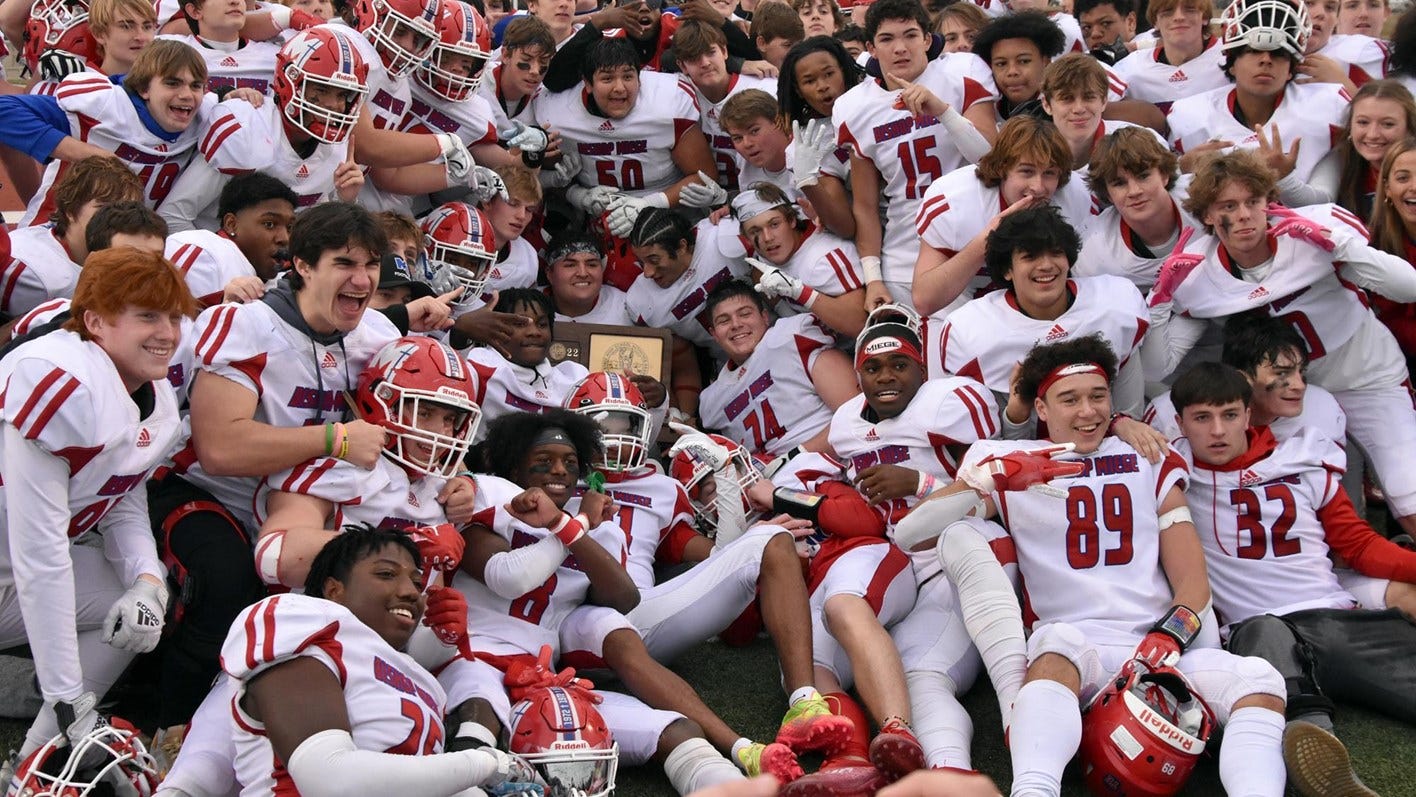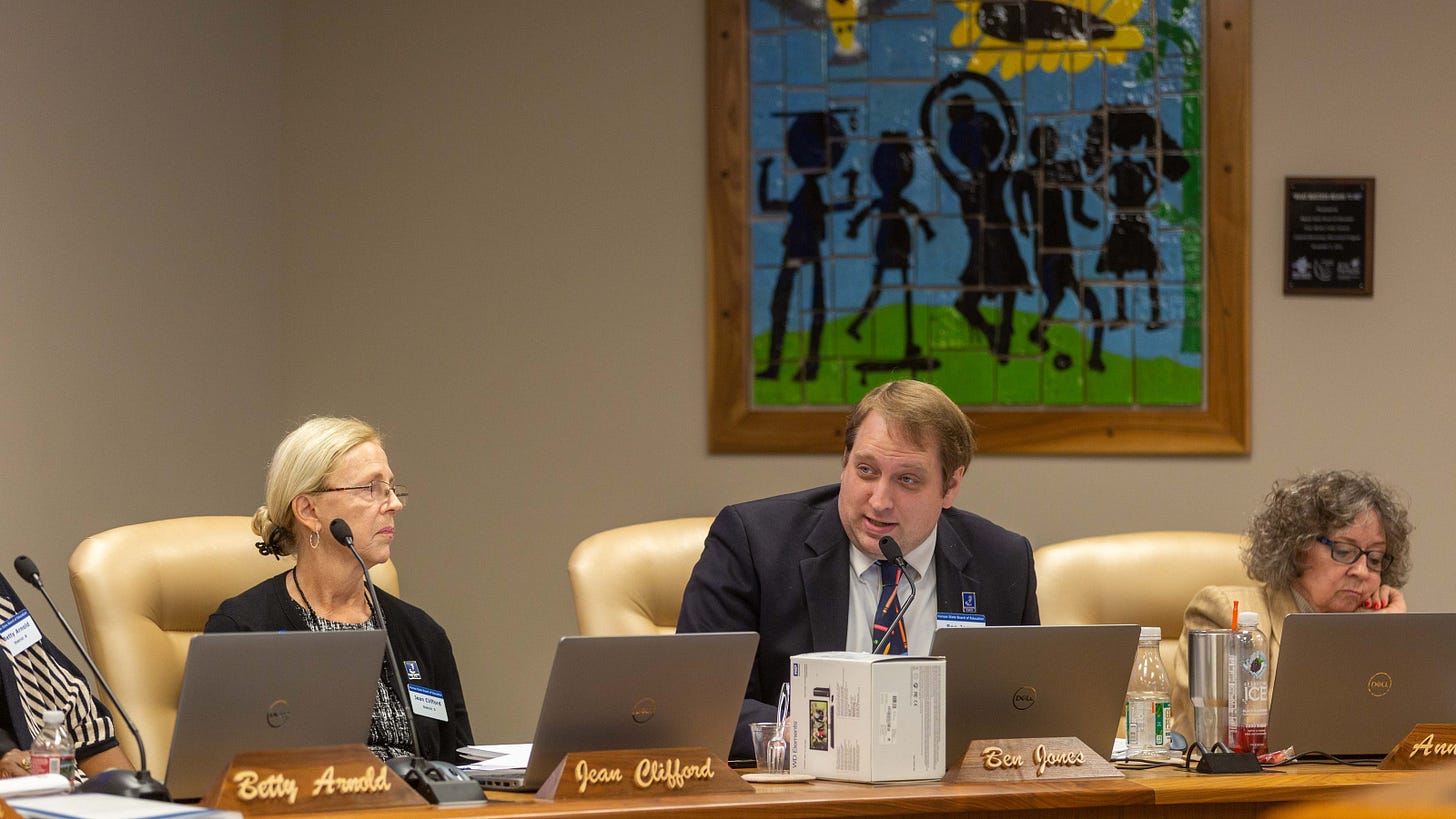A busier job than normal, poor time management and just the first week of high school outdoor track & field make for a mess of a newsletter. Don’t worry, I’ve already started writing next week’s.

In the meantime, we can talk about the polarizing Private School Multiplier that is trying to make its way through the Kansas legislature. There are a multitude of different factors that led to this becoming a conversation starter, and ultimately a bill in the state House of Representatives. For starters, private schools make up just 8% of KSHSAA membership, but they’ve won nearly 24% of state titles over the past five years. For us cross country and track & field fans, I feel this hasn’t been as prominent of an issue, but it is something that’s more common across other high school sports. That’s not to say that there isn’t a display of dominance when comparing some private schools to public schools.
For example, since 2000, Wichita-Bishop Carroll has won eight boys’ state titles in 5A, with Overland Park-St. Thomas Aquinas claiming ten. In fact, this past season was the first time since 2007 that neither of the programs stood atop the podium. But I haven’t seen as many parents or coaches as outraged as those I’ve seen across the rest of high school athletics.
Before we dive any further into the matter, let’s address the proposal itself and who would be affected, and how. Obviously, the multiplier would affect private schools throughout the state, but not all of them. According to The Wichita Eagle It would mainly target “private schools that win a lot of team state titles, are located in metropolitan areas and have minimal low-income students. They would be moving up a classification.” It would primarily affect schools like St. Thomas Aquinas, St. James Academy, Bishop Miege, Wichita Collegiate, Kapaun Mt. Carmel and Bishop Carroll, bumping all of them up a classification.
I was trying to summarize some quotes from Paola High School principal Jeff Hines, one of the figures who has been spearheading the proposal for years, but I thought reading his words would be easier.
“Legislature did not like how open-ended it was presented to them by KSHSAA,” Hines said. “They took it as if we were asking for a blank slate, meaning we could do anything we want with classifications moving forward. So that’s why it wasn’t a surprise that they didn’t codify it exactly as it was written because a lot of them were afraid of the what if. What if we give them a blank checkbook? What else are they going to do and not have to come back to us for approval?” While the proposal gained the necessary support from member schools in the KSHSAA, the attempt to address the competitive imbalance in sports between public and private high schools in Kansas failed to resonate in a different arena. Hines was complimentary of the job that KSHSAA executive director Bill Faflick did in his presentation to the committee, but felt like the issue is too complex to be explained in less than an hour.
“What stood out to me was the legislators are clueless about what the proposal does and honestly to no fault of their own,” Hines said. “Unless you’re an avid sports fan of Kansas high school athletics or have a great understanding of how classifications work and the competitive unbalance, you’re just not going to be familiar with it. They’ve never been exposed to it, so it’s difficult to put your name behind something when you don’t understand it.”

All-in-all, there are three factors that are going to determine the outcome for private schools, with those being a championship factor, geographic population factor and a socio-economic factor. You can learn more about the details of each factor and the appropriate multiplier here, because it’s a lot to take in. We also won’t hear much more about this in 2023, but it could possibly come back to the forefront in later months.
In the meantime, here are some other articles that I found that stood out to me and should help give everybody a better understanding of what this is, and what it would mean for the future of high school sports throughout
How every Kansas school voted for the KSHSAA private school multiplier
Will private high school sports have classification modifier? Kansas lawmakers to decide.
Thank you for reading and supporting this! If you aren’t already, follow us on Instagram and Twitter, and let any track & field fan know about this so they can stay up to date on Kansas athletics! If you have any questions, comments or concerns, feel free to reach out to us through our email ksxcountrytandf@gmail.com

